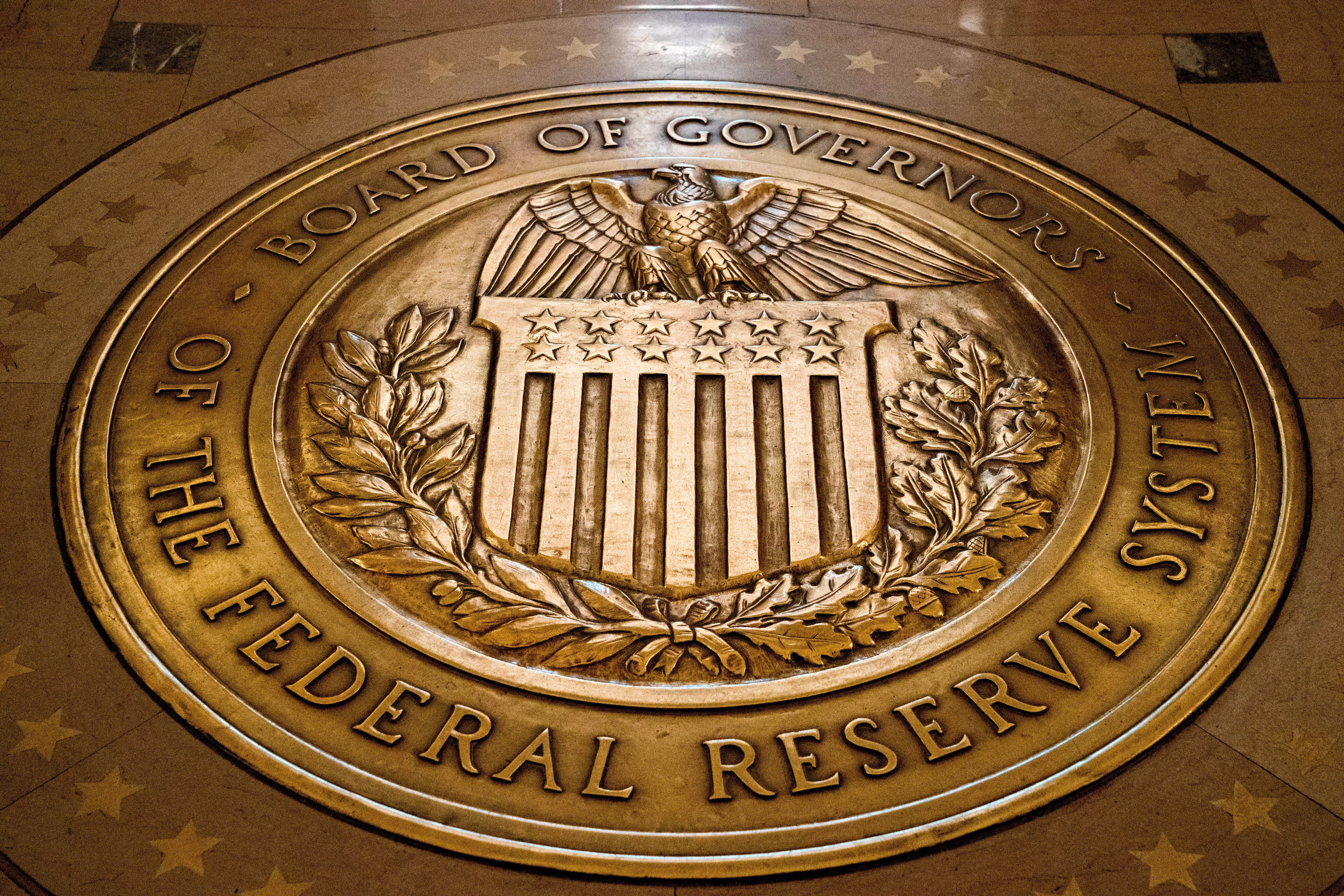*By Christian Smith*
As the partial federal government shutdown enters enters its 27th day, American businesses are beginning to feel the strain.
For Fat Brands Inc. ($FAT) ー which owns a number of fast food brands Fatburger, among them ー the consequences of the shutdown are slowly trickling up to corporate, but president and CEO Andy Wiederhorn said franchisees are thus far bearing the brunt of the shutdown.
"I think it's really much harder on the franchise operators because they're trying to build stores they've already started to build, or they've got a lease signed up and now they need their loan to get going for construction," Wiederhorn said Wednesday in an interview with Cheddar.
With the Small Business Administration closed, small businesses are unable to access SBA-backed loans. The SBA usually manages over 300 loans each day, which [The Washington Post](https://www.washingtonpost.com/business/2019/01/11/congresswoman-calls-trump-restart-small-business-lending-level-anxiety-is-unprecedented/?utm_term=.f50572777f74) reported amounts to roughly $200 million worth of loans for small and midsize businesses.
Small business owners in need of capital during the shutdown must turn to other sources of funding, such as non-SBA-backed loans, which generally come with higher interest rates.
But Wiederhorn noted that every sector of business ー even the major players ー is experiencing negative side effects.
"It's affecting everybody, not just small business, but large business," he said. "It's really very difficult."
For full interview [click here](https://cheddar.com/videos/fat-brands-inc-ceo-explains-how-the-government-shutdown-is-impacting-americas-small-businesses).
Ben & Jerry’s co-founder Jerry Greenfield is leaving the ice cream brand after 47 years. He says the freedom the company used to have to speak up on social issues has been stifled
The Federal Reserve cut its key interest rate by a quarter-point Wednesday and projected it would do so twice more this year as concern grows at the central bank about the health of the nation’s labor market. The move is the Fed’s first cut since December and lowered its short-term rate to about 4.1%, down from 4.3%. Fed officials, led by Chair Jerome Powell, had kept their rate unchanged this year as they evaluated the impact of tariffs, tighter immigration enforcement, and other Trump administration policies on inflation and the economy. The only dissenter was Stephen Miran, the recent Trump-appointee.
After a late-night vote and last-minute ruling, the Federal Reserve began a key meeting on interest rate policy Tuesday with both a new Trump administration appointee and an official the White House has targeted for removal.
The Trump administration has issued its first warnings to online services that offer unofficial versions of popular drugs like the blockbuster obesity treatment Wegovy.
Albania's Prime Minister Edi Rama says his new Cabinet will include an artificial intelligence “minister” in charge of fighting corruption. The AI, named Diella, will oversee public funding projects and combat corruption in public tenders. Diella was launched earlier this year as a virtual assistant on the government's public service platform. Corruption has been a persistent issue in Albania since 1990. Rama's Socialist Party won a fourth consecutive term in May. It aims to deliver EU membership for Albania in five years, but the opposition Democratic Party remains skeptical.
The Trump administration has asked an appeals court to remove Lisa Cook from the Federal Reserve’s board of governors by Monday, before the central bank’s next vote on interest rates. Trump sought to fire Cook Aug. 25, but a federal judge ruled late Tuesday that the removal was illegal and reinstated her to the Fed’s board.
President Donald Trump's administration is appealing a ruling blocking him from immediately firing Federal Reserve Gov. Lisa Cook as he seeks more control over the traditionally independent board. The notice of appeal was filed Wednesday, hours after U.S. District Judge Jia Cobb handed down the ruling. The White House insists the Republican president had the right to fire Cook over mortgage fraud allegations involving properties in Michigan and Georgia from before she joined the Fed. Cook's lawsuit denies the allegations and says the firing was unlawful. The case could soon reach the Supreme Court, which has allowed Trump to fire members of other independent agencies but suggested that power has limitations at the Fed.
Chief Justice John Roberts has let President Donald Trump remove a member of the Federal Trade Commission, the latest in a string of high-profile firings allowed for now by the Supreme Court.
President Donald Trump has fired one of two Democratic members of the U.S. Surface Transportation Board to break a 2-2 tie ahead of the board considering the largest railroad merger ever proposed.
The Rev. Al Sharpton is set to lead a protest march on Wall Street to urge corporate America to resist the Trump administration’s campaign to roll back diversity, equity and inclusion initiatives. The New York civil rights leader will join clergy, labor and community leaders Thursday in a demonstration through Manhattan’s Financial District that’s timed with the anniversary of the Civil Rights-era March on Washington in 1963. Sharpton called DEI the “civil rights fight of our generation." He and other Black leaders have called for boycotting American retailers that scaled backed policies and programs aimed at bolstering diversity and reducing discrimination in their ranks.











